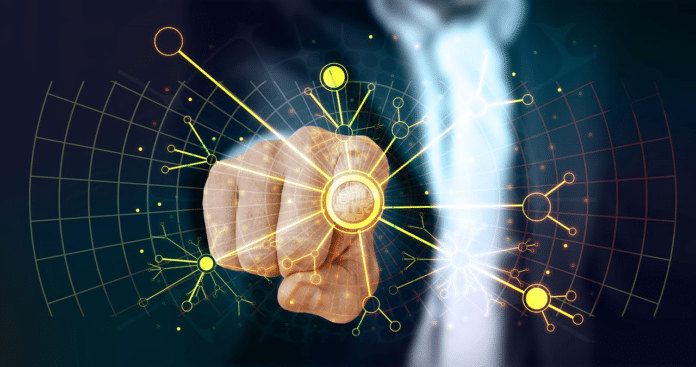The emerging technologies and advancements in the tech world have had a huge impact on the way humans behave. The rapid growth in Artificial Intelligence technologies including high-level machine learning, facial recognition, and robotics have given a boost to the world of technology. The computers are now able to extract data from their surroundings and then take the appropriate actions as per the data extracted just like the humans would do. The industry is now striving hard to unlock emotional intelligence which will let others see what human beings are thinking or feeling. This will be one of the biggest breakthroughs in Artificial Intelligence.
What is Artificial Intelligence?
Artificial Intelligence (AI) is a broad spectrum that revolves around the study and design of algorithms being used to perform tasks just like a human would do. The details in the behaviour resemble the human to the extent that it gets difficult to differentiate between the real being and the machine. Since intelligent systems are capable of making decisions on their own, they are known as agents.
There are many forms of agents in artificial intelligence such as a speech assistant known as Siri, Alexa or a Google assistant, systems that are indistinguishable from humans, self-driven cars, non-player characters of a video game, the agents approving the bank loans, the recommenders in the e-commerce sites and the robots in the various departments.
Types of Artificial Intelligence
Artificial Intelligence has been the talk of the town for quite a while. There are four major types of artificial intelligence which are discussed under:
Reactive Machines
These are the cognitive thinking machines that analyze the information and keep track of all its possible moves and the opponents as well. It is IBM’s Deep Blue machine which is very famous for defeating Garry Kasparov in one-on-one competition in 1990. The machine won over the Russian chess grandmaster and is known for having the most calculated and strategic moves.
Limited Memory
Limited Memory focuses on analyzing and understanding the previous data which shows what the future might hold. For instance, the RAM in a computer stores temporary data and then predicts further processes based on that data.
Theory of Mind
This deals with integrating human tendencies. This area has not been explored much but the change in mindset plays a major role in this artificial intelligence. Everyone is different and has their thoughts, desires, intentions, beliefs which will have a different impact on the decision making and actions performed.
Self-Aware AI
This is the most advanced and latest form of artificial intelligence. Major work has been done on such intelligent systems that provide self-awareness.
Artificial Intelligence and Human Behaviour
The main focus of the AI industry is on human-centred artificial intelligence which reveals that even humans are unable to distinguish between intelligent systems. Although intelligent systems understand humans, natural language and speech processing plays a major role.
The challenges being faced in the building of useful and interactive systems include natural language processing, activity recognition, speech processing and huge amounts of funds. The industry gets funds from many sources and investors but it is always a good option to have some extra cash in hand. You can try out different lottery websites such as the Lottoland to bet on different games and sports and win chances to win amazing deals and cash. All you have to do is download the application of Lottoland on your mobile and start trying your luck!
To build a truly effective system, the main goal is to understand the common sense of a human. Since humans make use of their common sense to reach conclusions, the goal of artificial intelligence is to reach that level. As the common sense within humans can not be built in the computers, the focus is to follow the things which impact this common sense. Humans think of many factors and interpret different options based on where they live, what they do and their sociocultural beliefs. Therefore, intelligent systems can benefit from these factors by following the thinking patterns set by humans.
An intelligent system that can model the norms of human life and sociocultural beliefs would be very easily capable of impersonating human behaviour. Human behaviour could then be anticipated easily and more educated guesses could be made based on how the humans respond and act in different situations.
In case, the intelligent systems fail to the sociocultural beliefs of human behaviours, the least it could do is to make fewer mistakes in the day-to-day repetitive tasks which are more common and makes the use of intelligent systems a safe one. Shortly, these systems might start evaluating themselves based on fairness, clarity and truthfulness. This is a breakthrough as in the past, there was no such thing to predict human behaviour which caused hurdles in decision making by the systems.




